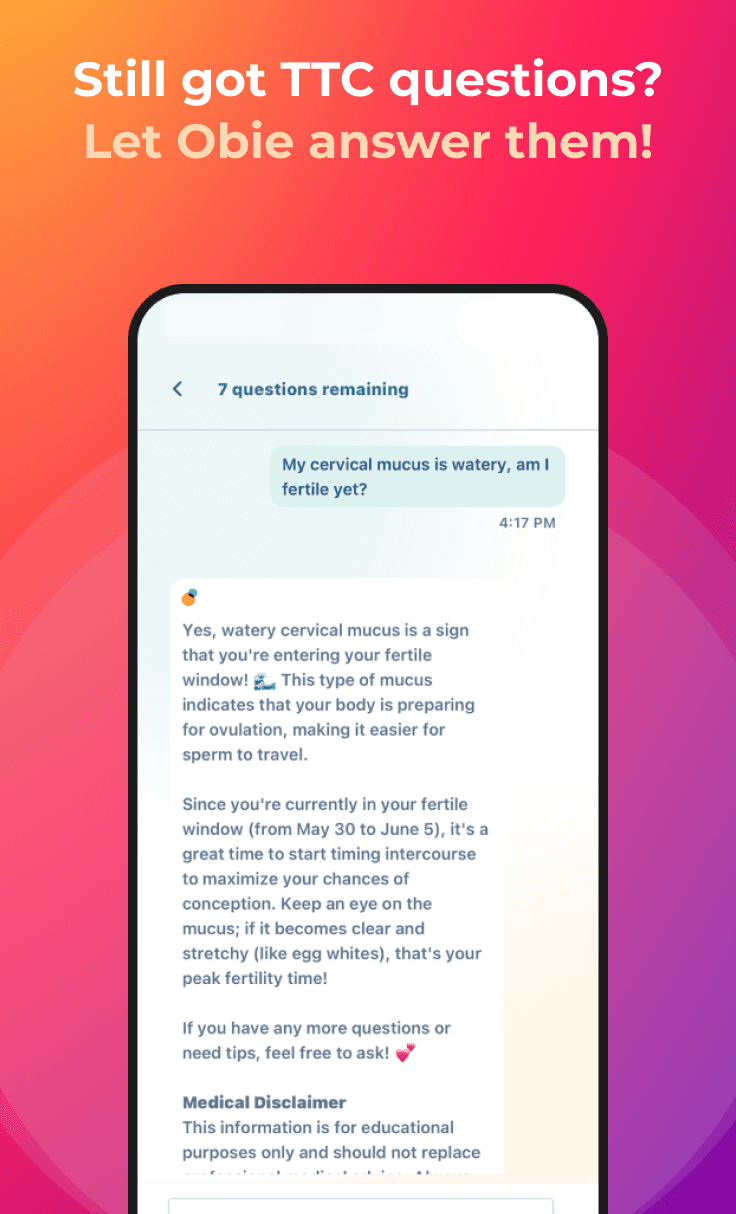How Dental Health Affects Fertility, Pregnancy
Pregnancy News
Obie Editorial Team
Ever heard your grandmother say that you’ll lose a tooth for every pregnancy? The thought behind the notion was that the baby’s developing bone structure sapped so much calcium and other teeth-protecting minerals from the mother that her teeth suffered. We now know that supplements of bone and tooth-building vitamins and minerals benefit mother and child, and that hormonal changes during pregnancy can affect a woman’s dental health. Modern dental science is even indicating that a woman’s dental health can affect the health of the baby she carries. Poor dental hygiene leads to cavities (caries), gingivitis, and periodontal disease, all of which are caused by or attractbacteria. If the bacteria is allowed to remain and thrive, dental health deteriorates progressively. Gums swell and recede, become abscessed, and bleed. Teeth get sensitive and loose.
Poor dental hygiene leads to cavities (caries), gingivitis, and periodontal disease, all of which are caused by or attractbacteria. If the bacteria is allowed to remain and thrive, dental health deteriorates progressively. Gums swell and recede, become abscessed, and bleed. Teeth get sensitive and loose.
Any breaks in the surface of the gums or infections below the surface exposes the bloodstream to the harmful bacteria causing the problems. The bacteria can then enter the placenta and baby’s bloodstream, where it can affect the health of the developing fetus and set the stage for dental problems throughout the child’s life.
Various studies on the effect of dental health and pregnancy find:
- As many as 75% of all pregnant women develop gingivitis, which causes gums to bleed.
- Women with gum disease are eight times more likely to have a preterm or low birth weight baby.
- Mothers with untreated cavities are more likely to have children who have cavities, too; the cavity-causing bacteria is passed from mother to child in her saliva.
Pregnancy is not the time to begin a full-mouth makeover if a woman is plagued with dental problems, but it is the ideal time to develop better dental hygiene practices. Brush the teeth at least twice a day, brushing for at least two minutes each time, and floss at least one time every day.
If emergency dental situations arise, especially when pain and infection are present, see a dentist immediately and let him or her know you are expecting. Special shielding precautions will be needed if x-rays are taken.
The American Dental Association (ADA) cautions against any elective non-emergency dental care during the first trimester and the last half of the third trimester but it’s best to avoid it altogether if possible. The ADA does, however, encourage women to get their teeth professionally cleaned frequently during all stages of pregnancy.
Source: “Oral Health Care for Pregnant Women (pdf).” South Carolina Oral Health Advisory Council & Coalition. South Carolina Department of Health and Environmental Control. Apr 2011. Web. Feb 15, 2014.








